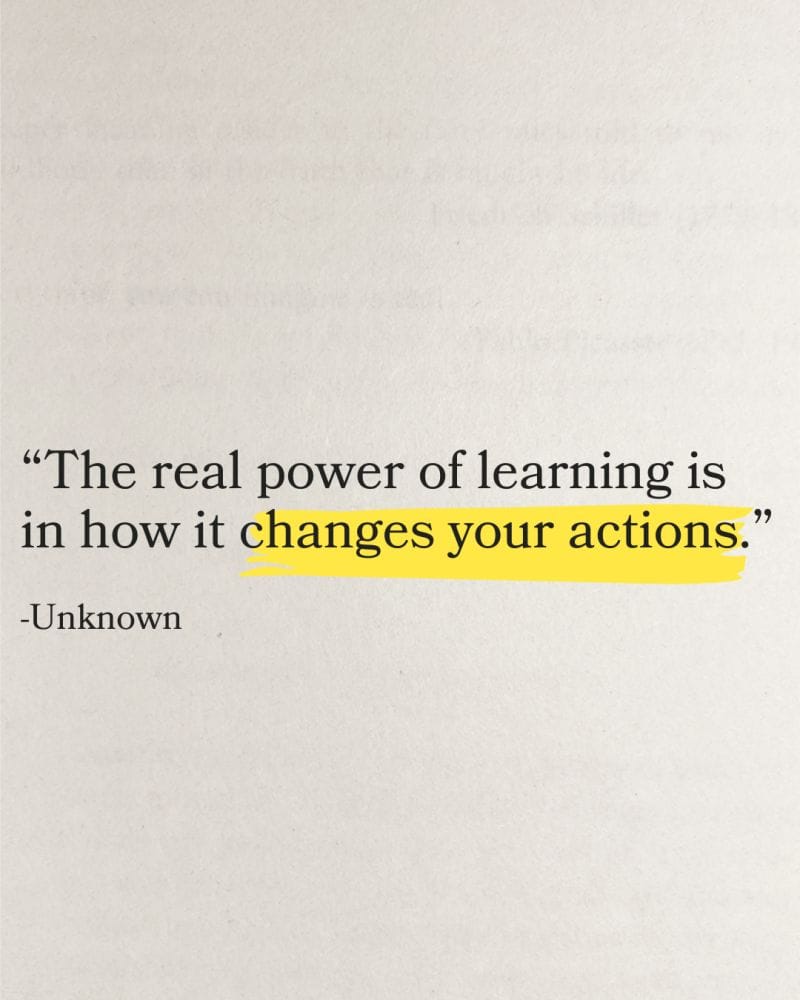“Get a mentor.”
This is the most common career advice you will receive.
Yet many stop short, not knowing how to go about it.
Here's exactly how to reach out to a potential Mentor (without feeling awkward):
1/ Be clear and upfront about your goals
Communicate your objectives and the specific areas where you seek guidance. This shows your prospective mentor that you have thought things through.
Example: "I was recently promoted to senior engineer, and I would like to refine my systems architecture skills to take on more complex projects. Are you open to mentoring me in that area this year?"
2/ Explain why you've chosen them
Share the reasons you're reaching out to this person, such as their skills, experiences, or qualities that align with your goals. This demonstrates your genuine interest in learning from them.
Example: "I am reaching out to you given your extensive experience leading engineering teams at high-growth startups, as I will be joining such an organization in the next 2 months."
3/ Clarify your expectations on time commitment
Set realistic expectations by discussing the frequency and duration of your mentorship meetings. Being upfront about the time commitment helps them to decide as to whether this is something they can accommodate or not.
Example: "Would meeting for 30 mins on a video call once a month, for this year, work for you?"
4/ Be understanding if they can't accept
Keep in mind that potential mentors may be too busy or already have multiple mentees. If they can't commit to being your mentor, be gracious and understanding of their situation.
Example: "I understand you have significant demands on your time. Please let me know either way."
5/ Ask for alternative recommendations
In cases where your chosen mentor can't commit, ask if they can recommend someone else who might be a good fit. Their connections could lead you to another valuable mentorship opportunity.
Example: "I totally understand and appreciate that you don't having capacity for mentorship. Is there anyone that you would recommend I connect with that can support me?"
6/ Approach with confidence, respect, and gratitude
Be confident in your intentions while expressing respect and gratitude for their time and expertise.
Example: "I sincerely appreciate any guidance you can offer me during this pivotal time in my career."
PS: Make the initial ask low commitment to increase the likelihood of them accepting and to assess chemistry.

